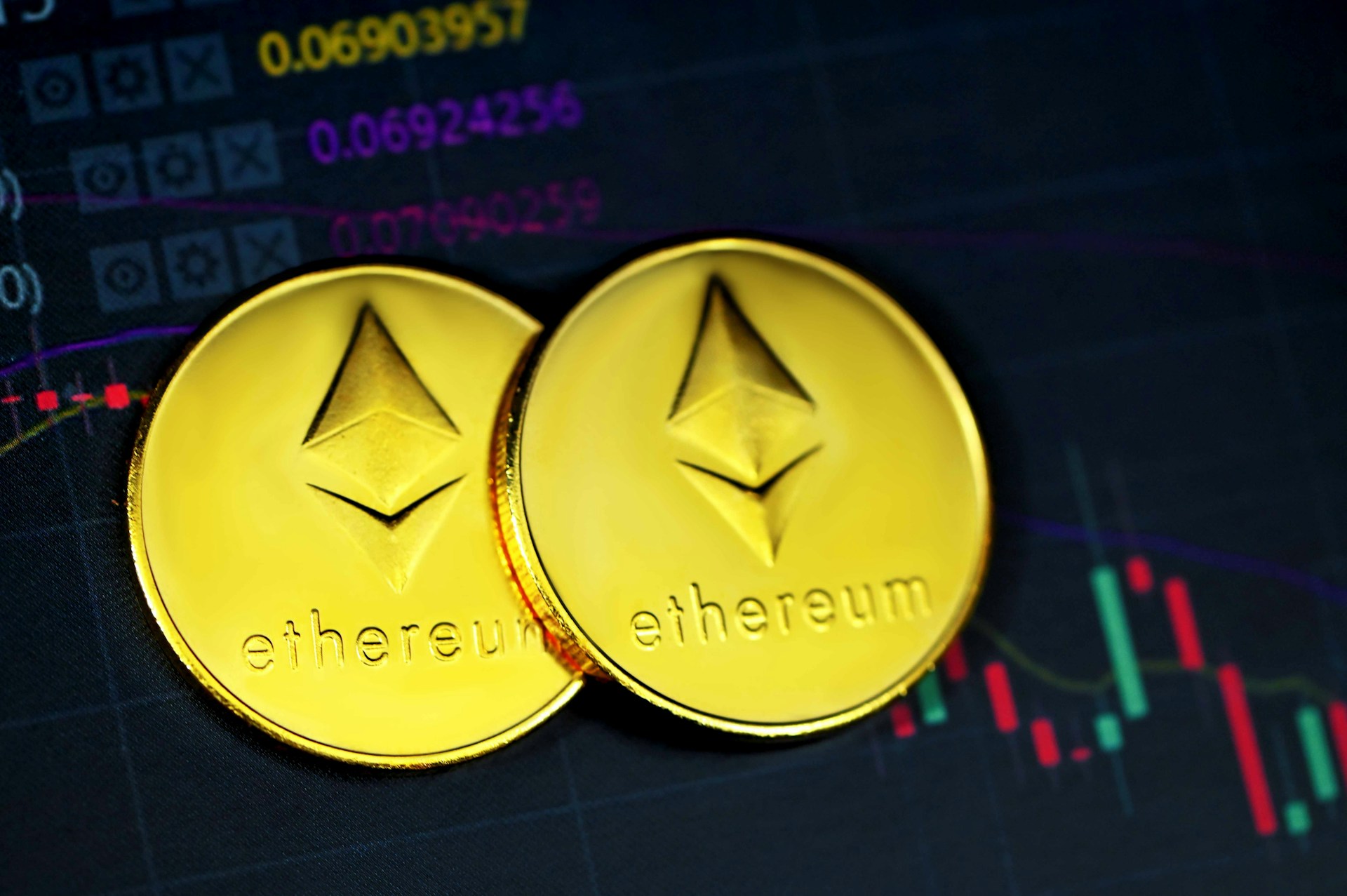According to Jose Fernández da Ponte, PayPal’s VP of Blockchain, Cryptocurrency, and Digital Currency (BCDC), Ethereum (ETH) is not the best solution for payments.
Ethereum is not suitable for payment purposes
speaking At the Solana Breakpoint 2024 conference, Ponte cited Ethereum’s inability to handle high volumes of transactions as a key reason PayPal decided to launch its dollar-backed stablecoin, PYUSD, on competing smart contract platform Solana (SOL).
PayPal initially launched the PYUSD stablecoin on the Ethereum network in August 2023. However, in May 2024, the company announced that it would launch the stablecoin on the Solana blockchain, which would “It can handle massive volumes of transactions at high speeds and at very low costs.”
Ponte explained that a functional payments network needs to be able to process at least 1,000 transactions per second (tps), a number that the Ethereum network has struggled to consistently achieve.
Ponte added that the benefits of token scaling, as well as transaction speed and network throughput, make Solana an attractive base layer for PayPal’s dollar-backed stablecoin, PYUSD. Ponte said:
There is transaction confidentiality and transaction fee management. So Solana was an easy choice when looking for the next chain, especially because of its token scalability.
For those unfamiliar, Solana token extensions add additional functionality to the token, enabling features like transfer limits and multi-signature approvals.
These enhancements are useful in payment systems as they allow developers to implement custom payment flows, automate certain processes, and add a layer of security to transactions. Token extensions provide custom options for PYUSD to manage payments with specific terms or requirements.
In particular, two former senior Coinbase employees recently Released Their cryptocurrency exchange, TrueX, will use PYUSD as its “preferred token for trading.” Unsurprisingly, PYUSD has already amassed a market cap of over $730 million and is likely to continue to undercut major stablecoins like USDT and USDC in market share.
Can the ETH ecosystem become retail friendly?
Jose’s words are not surprising at all given the context. For stablecoins to become mainstream, the underlying network must have strong throughput and low transaction fees. Ethereum’s Denkun upgrade The goal was to significantly reduce the network’s gas fees, but they are still significantly lower than the minimum fees charged by networks like Solana and Tron.
There is hope for the success of Ethereum layer-2 scaling solutions such as Optimism, Arbitrum, etc. There are currently 74 Ethereum layer-2 projects in total. Show There is high demand for solutions that help Ethereum scale with low transaction fees.
However, on the other hand, there are concerns about the centralized nature of many of these layer 2 extension solutions. A recent report assume Centralization risks could allow network operators to take control of user funds. Ethereum is trading at $2,540 at the time of writing, up 4.2% over the past 24 hours.

Featured image from Unsplash.com, charts from DefiLlama.com and TradingView.com

